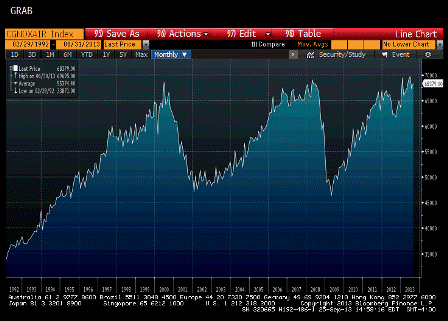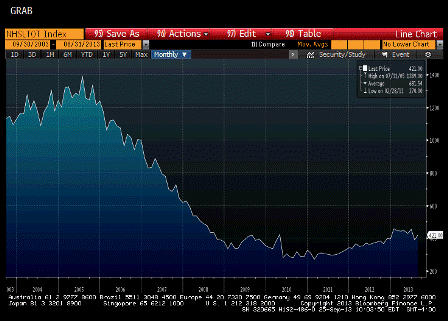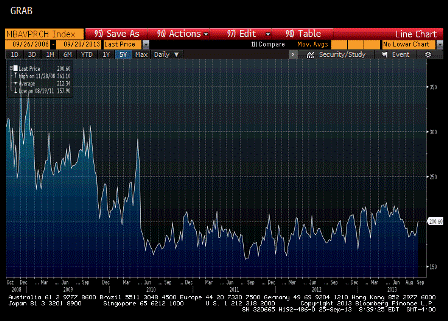So we know QE is about signaling.
And the Fed knew that tapering was a signal they were ok with the higher rates, including the already higher mortgage rates.
And they decided they didn’t want to send that signal, so they delayed the taper. They also revised down their growth forecasts, which meant the economy was performing at less than expected levels, which further pushed back against the higher rates.
And they expressed risk of continued ‘fiscal drag’ as well. It’s all about signaling their current reaction function to control the term structure of rates. And in fact the rates in question have subsequently come down, indicating tactical success. And, at least for now, the dollar is down a touch as well.
A few interesting things are not part of the discussion:
The Fed can directly set the term structure of their risk free rates by simply making a locked market on any part of the curve.
The Fed buying tsy secs is functionally the same as the tsy not issuing them in the first place.
The consequences of QE/tapering are largely the same as the issuance/non issuance of tsy secs.
Interest rate tools, operationally, also include the tsy issuing only at pre determined rates and maturities, as well as buy backs and maturity swaps.
And why is the paradox of thrift, a mainstream standard for maybe 200 years, never discussed?
By identity, if govt cuts back on its net spending, that output only gets sold if some other agent increases its net spending.
Meanwhile, the demand leakages continue to grow relentlessly. It’s all implicit in every mainstream model, but none the less left out of every public discussion.
And there’s another issue that’s internally conflicted. The Fed believes inflation is about monetary policy and the Fed, and not fiscal policy and the treasury. Hike rates until the ‘real rate’ is high enough and inflation goes down, because it makes borrowing expensive and slows the economy as well.
And lower the real rate enough and inflation goes up, though unfortunately that pesky 0 bound limits that tool, resulting in a hand off to QE and forward guidance and expanding the types of assets the Fed buys and the like.
Not to mention the key is the inflation expectations channel, which rules all, of course.
Let me conclude that today most mainstream elites have recognized there is no solvency risk for the US govt. Simplistically, ‘they can always print the money’ which is good enough for the point at hand. So with no solvency risk, the risk of too high deficits comes down to inflation, and there are no credible long term inflation forecasts flashing red.
Additionally, the Fed believes inflation is a monetary and not fiscal phenomenon. So the Fed can’t even argue against deficits on inflationary grounds, leaving it with, for all practical purposes, no argument for deficit reduction.
So as we enter the fray over deficit reduction and the risk of catastrophic systemic failure, there is no intellectual leadership coming from the Fed, and an intellectually dishonest silence from the mainstream academic and media elite.
Good luck to us!
(feel free to distribute)



